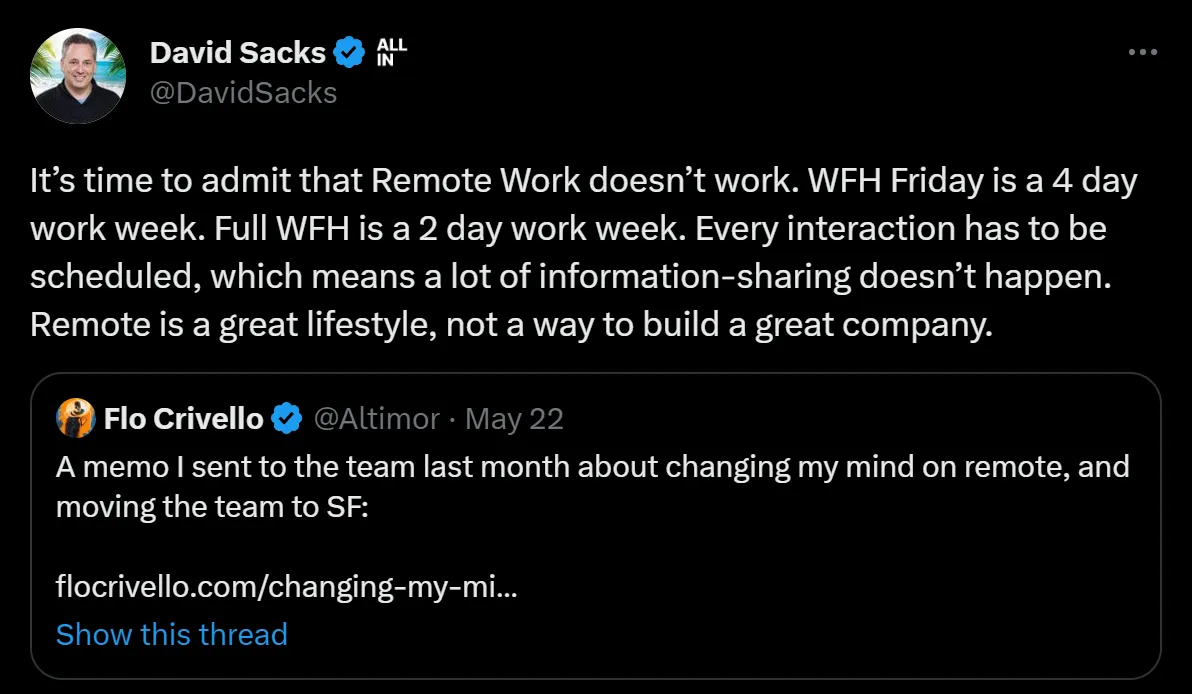Stake is your voice.
Over the years, I have heard a lot of complaints around stake-based voting on Hive, and how people will generally only listen to those with stake, or vote on those with stake. This is somewhat true, because Hive incentivizes building stake (Hive Power) in the platform and one of the main ways to do that is through engagement and value-adding to the community. This means that over time, the people who are building stake, are generally the more active and engaged people, so they will attract more votes of support naturally. But, it is also possible that some people reward those with stake more highly, hoping that they will get some reciprocity, which is vote trading, a poor social behavior.

What I like about stake is that it shows willingness to have some financial skin in the game, which is even more highly weighted in hard times, as that tells something too. And on Hive, it is easy to see what an individual account has in terms of Hive power through their wallet or profile, even though that is not the whole story. For instance, I know there are people here with large Hive stake, that are financially struggling in real life. I also know people here who have next to no stake, but are doing very, very well financially in real life.
There is a lot of reason for everyone to have their voice, but I also like the idea of stake-based sorting (depending on how it is applied), because it can allow for a better weighting of voice, so that those who are likely to have more value to add to a conversation, can be heard. Also, a staked person can also sort the comments, giving a bit more to those they think bring value to the conversation, to push it up the chain.
So, I was reading an article today about the failure of remote work in many cases and I went into a mentioned Tweet, and read some of the comments.
As I was reading the thread of comments like "You couldn't pay me enough to San Francisco.." and how it isn't a failure of remote working but of management, it got me thinking about Hive.
Over the last few months there has been a lot of talk on the Twitter algorithms and what is being pushed into view, and what is not, but I was wondering what would change if there was more insight into the person tweeting - would it make a difference to the reader and their willingness to support?
I believe yes.
For instance, Google, Facebook, Microsoft etc have a mass of information on our digital activity and through this, they can make predictions about who we are and they can be, very accurate. So, what if some of this kind of information appeared next to a Tweet, would it influence the reader?

Probably.
Note: It might also be a way to sort bot from human as well, as bots would spend less on Amazon, at Walmart and surf for less penis enlargement aids.
This is a thought experiment and I am not advocating for this, but it is interesting to think about as it shows how we can be influenced by what we know (or think we know) of someone, in ways that will affect our likelihood to believe them, support them, or dismiss them. How many people are weighing in on Twitter conversations that don't actually have valid experience to speak about the topic at hand? How many people are giving advice, without having the skills themselves?
When we don't know who a person is, we might give them an equal say, but this doesn't actually mean that we should listen to them equally. Go to a football, basketball or hockey game and sit in the crowd, listening to what people talk about. They will give advice like "he should have passed..." or, "the coach ought to..." While they themselves might be ex-professional players or top league coaches on their night off, the chances are, they aren't. While they have an opinion, their opinion isn't nearly as informed as it should be, so while it might make sense to you, it doesn't mean it would win the game if applied.
Twitter and similar are essentially the crowd giving their opinion, without us being able to see whether they are in the cheap seats, or if they are on the coaching team. We have no background information, which levels the playing field and gives voice to the many, but not necessarily voice to those who can add the most insight and value.
If Twitter was more Hive-like and some background information was easily visible, I think it would make quite a difference to what gets crowd support, and quite quickly, the loud voices with invalid experience would be pushed out of the conversation.
Taking this a step further, what if it was automated?
What if the Twitter algorithms were to favor certain bits of information depending on topic, where it used the data known about an account through data mining points, to give preference to those who are most likely to have something valuable to say. Would the level of conversation change? Would it be more useful for the audience?
What if it was selectable?
For example, what if I was able to filter my Twitter feed based on relative income in their area, where I only see what the top 10% of earners write? Or if I filter for only the bottom 10%? If I filter for those employed, or those not employed? Filter for their political affiliation, or their sexual orientation? What changes?
Would it influence me in some way?
Of course, Twitter is already filtering the content for us based on what it wants to push to us as an individual, which is what will make it the most money one way or another, but it isn't transparent. Transparency changes everything because while people are advocating for freedom of speech, we also need to temper it with freedom of consumption, meaning that we should devalue ambiguity and raise clarity of information. One of those ways is having an understanding on who is saying what, because that gives a bit of insight into why they might be saying it. We do this for public figures, but we don't do it for the masses.
Yet, everything is known about us by a handful of companies that leverage it to tighten their stranglehold on information and the way it is used. While we are encouraged to fight to fight for our privacy on the surface, the data collectors are looking up our skirts.
I think it is an interesting thought experiment to consider and the conversation about transparency, privacy and the integrity of opinion is going to be an important discussion in the next decade, because information has become so muddy, it is senseless. Everyone may have a voice, but you don't want to hear everyone sing. And, you don't want to be bombarded with so much invalid information, that what has value is lost under the waves.
It would be interesting to see what would happen if there was a little more useful information available on an account, even if pseudonymity is still maintained. I think it would have a profound effect on the user base at the viewer level, but also at the posting level. Will the loudest voicers be louder, or quieter of more is known about them?
How much skin in the game do they have, what stakes are they playing for.
Still an influencer?
Taraz
[ Gen1: Hive ]
